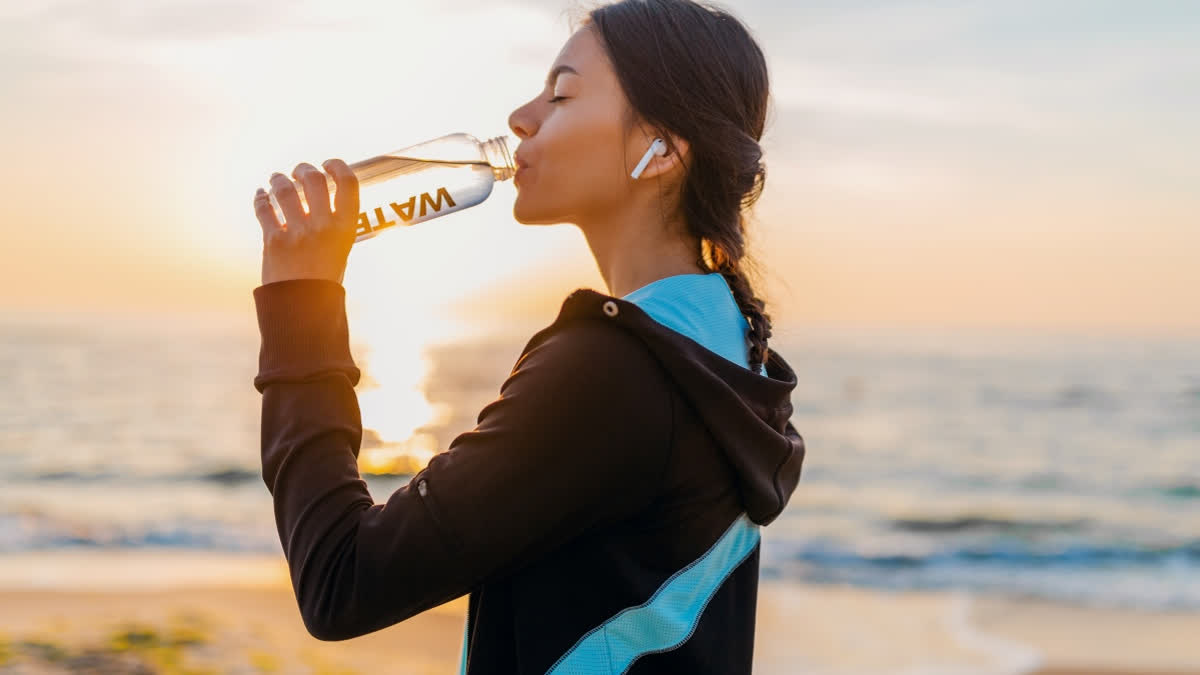As temperatures dip, hydration is often overlooked. The cool weather often masks the body’s need for fluids, leaving many to believe that dehydration is a summer-only concern. However, staying adequately hydrated is just as critical during the colder months as it is in the sweltering heat. In fact, in the cooler months, the condition of silent dehydration becomes more prominent. If ignored, it can impact overall health and recovery from common seasonal illnesses.
What is winter dehydration
Dehydration occurs when the body loses more fluids and electrolytes than it takes in. Dr B. Ravinder Reddy, Senior Gastrointestinal and General Surgeon at CARE Hospital, Hyderabad explains that the dry winter air—both outdoors and indoors due to heating systems—leads to moisture loss through breathing. Additionally, the body’s thirst response is diminished in cold weather, making it less likely that individuals will drink adequate fluids. "Physical activity in cold weather also increases fluid loss because of heavier and deeper breathing. You may experience cold diuresis, where your body produces more urine as a side effect of conserving heat," says Dr Reddy.
Sweat is less noticeable owing to the cooler climate in winter, but it doesn’t disappear. In fact, wearing multiple layers and bundling up creates microclimates that promote sweating, especially during physical activities.
"Illnesses like upper respiratory tract infections (URTIs), are common during winter, can exacerbate fluid loss through fever, rapid breathing, and coughing. These symptoms also contribute to electrolyte imbalances, which can further complicate recovery."
Why electrolytes Matter
Electrolytes are minerals—such as sodium, potassium, chloride, calcium, and magnesium—that help regulate crucial bodily functions. They maintain fluid balance, support muscle and nerve function, and aid in energy metabolism. Dehydration in winter often results in the loss of both fluids and electrolytes, a condition that plain water alone cannot fully address.
"Consider common winter illnesses like colds and coughs, often associated with fever and increased energy demands. Fever leads to insensible fluid losses through sweating and breathing, while the body’s energy needs spike to combat infection. This combination of fluid, electrolyte, and energy deficits can lead to symptoms like muscle cramps, fatigue, and prolonged recovery times," insists Dr Reddy.
Oral Fluids, Electrolytes, and Energy (FEE)
To counteract dehydration, it is essential to adopt a comprehensive hydration approach that goes beyond plain water. Dr Reddy says, it is critical to consumer oral fluids that combine electrolytes and energy, often referred to as Oral FEE specifically during non-diarrheal conditions like fever, viral illnesses etc.. Here’s why:
- Enhanced Absorption: Fluids containing an optimal concentration of electrolytes and glucose improve water absorption in the intestines, ensuring faster and more effective hydration.
- Energy Support: During illnesses, the body’s carbohydrate stores deplete quickly. Oral fluids with a balanced glucose content help meet energy demands without relying on muscle protein breakdown.
- Palatability and Compliance: Ready-to-drink (RTD) electrolyte solutions with varying flavours can encourage regular consumption, especially in individuals who experience taste fatigue or decreased appetite during illness.
